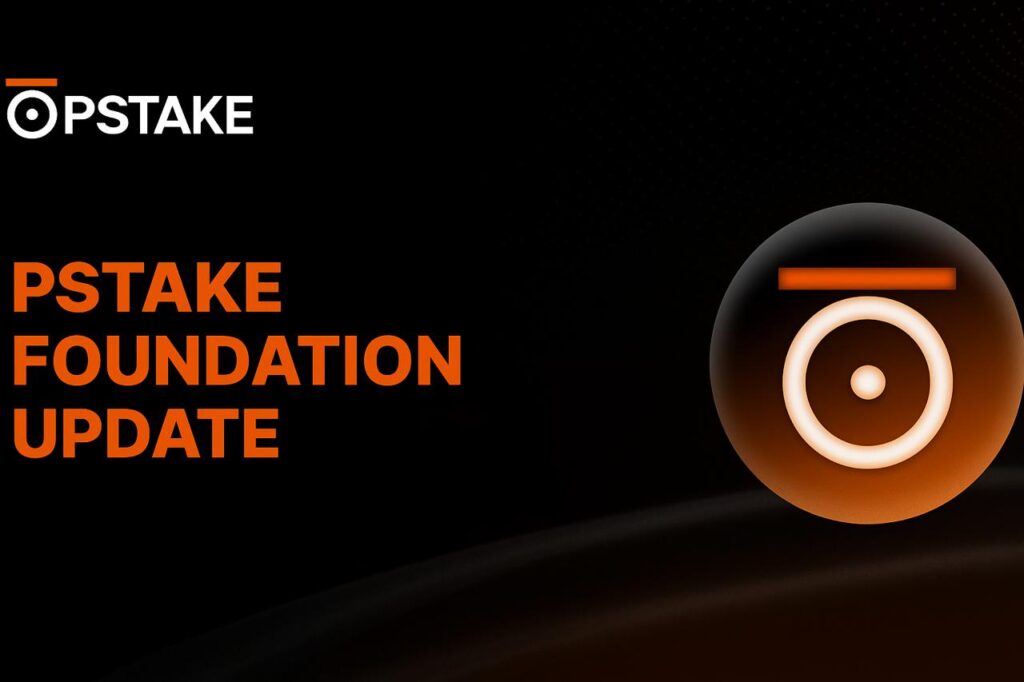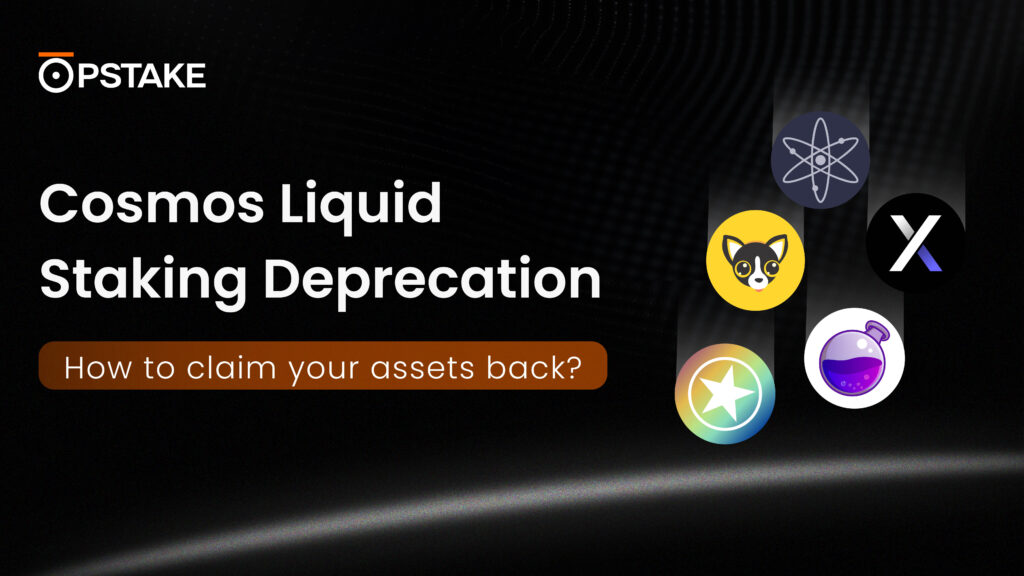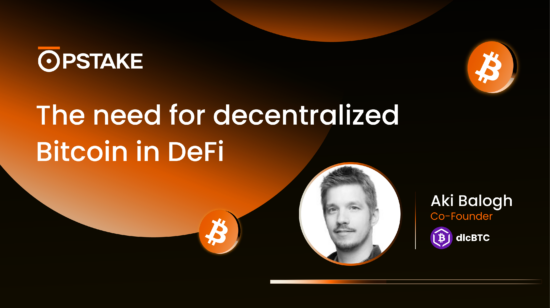Welcome to the 8th edition of our exciting new series, dubbed the ‘X Talks Bitcoin’ series. This is not just another industry discussion. It’s a unique opportunity for the pSTAKE community and Bitcoin enthusiasts to gain exclusive insights into Bitcoin, the emerging BTCfi industry, and potential yield-generating strategies.
Our series will feature expert opinions, providing invaluable insights into the future of Bitcoin and how we can all best position ourselves. These discussions are not just relevant but crucial to all our readers, offering a “not-to-be-missed” and “thought-provoking” perspective on what’s coming next for Bitcoin.
We spoke to Luke Xie from SatLayer in the previous edition about BTC Yields with Bitcoin Restaking. Today Aki from dlcBTC shares candid thoughts on decentralized Bitcoin in DeFi.
1) One of the key principles of crypto is Decentralization. Something that has different definitions in different contexts.
With respect to Bitcoin (the network) and BTC (the asset), what is Decentralization?
In the context of Bitcoin, decentralization means the network operates without any central authority or single point of failure. No single entity can control, alter, or censor transactions, ensuring robustness and censorship resistance. For the BTC asset, decentralization implies a distributed ledger where no single party holds or controls the majority of the currency, promoting equitable access and preventing manipulation.
Any DeFi primitives built on top of Bitcoin/BTC should naturally inherit and preserve this decentralized nature.
2) Technically, what is the limitation of just using native BTC in DeFi today?
And especially, why is there a need for decentralized versions of BTC in crypto?
The Bitcoin blockchain lacks the capability to directly support smart contracts, making it impossible to use native BTC in DeFi protocols. This limitation arises from Bitcoin’s design focus on security and stability, which prioritizes a robust and secure network for peer-to-peer transactions. However, this focus comes at the cost of programmability, hindering the use of native BTC in DeFi.
Decentralized versions of BTC are crucial because they bridge this gap, enabling the use of Bitcoin as a collateral asset in DeFi ecosystems on other blockchains. By wrapping BTC into a decentralized way, we unlock its potential for yield generation while leveraging the security of the Bitcoin network.
3) How does dlcBTC differentiate itself from fellow versions of BTC like tBTC or sBTC?
How would you explain discreet log contracts to a 5 year old?
dlcBTC stands out from the competition by being minted from self-custody, theft-proof, fully automated, offers points, and secured by Bitcoin L1 by leveraging Discreet Log Contracts (DLCs).
In simpler terms, DLCs are like a set of rules agreed upon beforehand for a fair exchange. Think of it as a secret code for trading toys or candies with your friends. You both agree on which toy can be exchanged for which, and when you want to trade, you just follow the code. It’s like a magic trick that ensures everyone plays fair! Compared to smart contracts, DLCs are like a simplified version specifically designed for Bitcoin. They are more efficient and secure for certain use cases, like transferring BTC between different blockchains, while maintaining Bitcoin’s core focus on security and stability.
4) Bitcoin (both the asset and network) has seen a lot of promising developments like BTC Staking, L2 Scaling, OP_CAT, Restaking and more.
Where do you think we are from a trend/narrative perspective for BTC in DeFi?
I believe we’re merely at the nascent stage of a much larger narrative. With numerous factors at play, such as the vast amount of idle Bitcoin in wallets, the increasing openness of TradFi to Bitcoin as a store of value, and broader macroeconomic factors, BitFi is poised to become a major driving force for crypto adoption.
As the DeFi landscape continues to evolve, we can expect to see even more innovative solutions that leverage the security and decentralization of Bitcoin while unlocking its potential for yield generation and use in other DeFi applications like RWA platforms.
About pSTAKE Finance
pSTAKE Finance is a Bitcoin Yield and Liquid Staking protocol, backed by Binance Labs.
With pSTAKE Finance, users can liquid stake BTC to get rewards from Babylon’s Trustless BTC staking for securing other app chains while maintaining their liquidity.
Accessing Bitcoin yields should not be complex, risky, or unsafe. With four years of liquid staking expertise and expert-curated yield strategies, pSTAKE Finance helps individuals and institutions put their BTC to work in BTCfi.
pSTAKE Finance has partnered with leading blockchain security firms, such as Halborn, Hexens, Oak Security, Immunefi, Forta, and more, to offer a secure liquid staking product suite.
PSTAKE is the governance and incentivization token of the pSTAKE Finance protocol. It has some of the most prominent investors, including Binance Labs, DeFiance Capital, Spartan Group, Coinbase Ventures, and Kraken Ventures.










